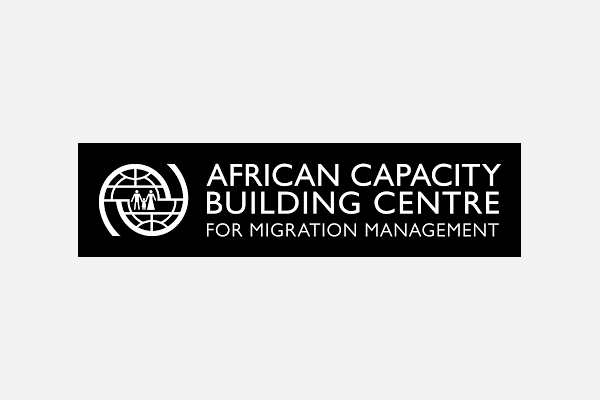Repository of Practices

Continental Webinar Programme for African Member States
Secondary GCM Objectives
Dates
Type of practice
Geographic scope
Regions:
Summary
The Continental Webinar Programme, launched in 2021 amid the Covid-19 pandemic, is a capacity-building effort aimed at combining learning, experience-sharing, and virtual networking for migration management practitioners across Africa. The programme, which covers a range of thematic areas from international migration law to border health to combating transnational crime, aims to strengthen South-South cooperation on migration and border management by bringing together government authorities, diplomatic missions, and representatives from Regional Economic Communities (RECs). The initiative serves a dual objective. The first one is to develop global awareness and understanding of migration; the second is to provide a training programme to the stakeholders the following year on the topics identified as priorities by themselves, based on the expectations and gaps identified. The 1st Edition successfully gathered representatives from Algeria, Burkina Faso, Comoros, Côte d’Ivoire, Djibouti, Madagascar, Mauritius, Seychelles, Togo and the United Republic of Tanzania; and it is hoped that more African Member States will participate in 2022 to benefit from this multilateral platform that facilitates discussion on the state of implementation of the Global Compact for Safe, Orderly and Regular Migration.
Organizations
Main Implementing Organization(s)
Detailed Information
Benefit and Impact
Additionally, the webinar programme attracted the interest of representatives of the regional economic communities (RECs). The Launch of a series of webinars, jointly hosted by the AU (African Union) and IOM ACBC, is scheduled for 2022 with the overall objective of strengthening cross-REC relations for promoting an integrated approach to the implementation of Agenda 2063.
Key Lessons
An added value in terms of inter-State cooperation is the sharing experiences on common policy challenges and identifying opportunities for operational coordination as a means of furthering regional and continental aspirations to freer movement on the African continent.
Recommendations(if the practice is to be replicated)
Innovation
Additional Resources
Date submitted:
Disclaimer: The content of this practice reflects the views of the implementers and does not necessarily reflect the views of the United Nations, the United Nations Network on Migration, and its members.
More Related Practices:
- Tablero Interactivo Estadísticas sobre Movilidad y Migración Internacional en México
- Encuesta Nacional Migrante de la Argentina (ENMA)
- Cultural advisories in the services of maternity´s health for the indigenous cross-border community Ngäbe Bugle (WHP)
- A Journey of a Thousand Mile Begins with a single Step: Djibouti’s Experience in Strengthening Migration and Displacement Data Governance
- A designated migration module for processing comprehensive migration data in the existing Information Monitoring and Evaluation system of TB patients in the Republic of Moldova (SIME TB)
Peer Reviewer Feedback:
*References to Kosovo shall be understood to be in the context of United Nations Security Council resolution 1244 (1999).
Newsletter
Subscribe to our newsletter.